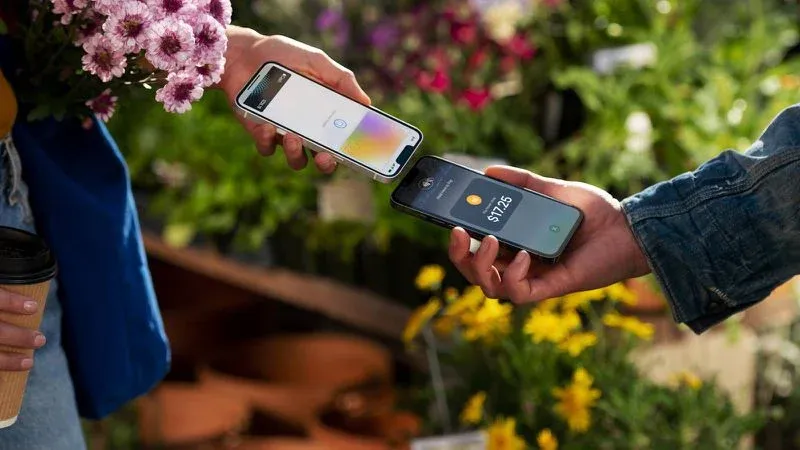Apple Faces Brazil Sanctions Over App Store and NFC Restrictions
Brazil is taking a firm stance against Apple’s App Store policies and its control over iPhone features like near-field communication (NFC). In July 2025, Brazil’s competition regulator, the Administrative Council for Economic Defense (CADE), recommended sanctions against Apple. The move stems from long-standing concerns over Apple’s strict in-app purchase rules and its refusal to grant third-party access to the iPhone’s NFC chip. These practices, regulators argue, violate Brazilian competition laws and unfairly limit market access for other payment providers and app developers. The focus keyword for this article—Apple App Store sanctions Brazil—captures a pivotal moment in the global scrutiny of Big Tech.
Image : GoogleBrazil’s Regulatory Push Against Apple App Store Sanctions
CADE’s technical body, known as SG/CADE, issued a formal recommendation in response to a 2022 complaint lodged by Latin American e-commerce giant MercadoLibre and other digital platforms. These companies claim Apple enforces anti-competitive practices by mandating that all in-app purchases go through its proprietary system, while also preventing developers from directing users to cheaper or alternative payment methods—a tactic known as anti-steering. This not only drives up costs for consumers but also restricts developer freedom, violating principles of open competition. SG/CADE found that Apple’s policies impose artificial barriers to market entry, harming both innovation and consumer choice in Brazil’s digital economy.
iPhone NFC Access Denied: A Monopoly in Mobile Payments?
One of the most contentious points in the investigation is Apple’s control over the iPhone’s NFC chip—a crucial component for mobile payments. Apple’s refusal to allow third-party apps access to this technology means alternatives like MercadoPago or local fintech apps can’t compete on equal footing with Apple Pay. This exclusive access, critics argue, enables Apple to monopolize mobile transactions and reinforces its dominance across the iOS ecosystem. By denying competition a level playing field, Apple is allegedly stifling local fintech innovation and limiting Brazilian consumers’ options for secure, fast digital payments.
In a public response to the recommendation, Apple defended its policies, stating that the App Store has served as a trusted platform for Brazilian users and developers for over 16 years. The company expressed concern that the sanctions could negatively impact user privacy and security. However, CADE’s ruling noted that Apple's justification doesn't outweigh the competitive harm caused by these restrictive practices, especially in a market where digital payments and app-based commerce are critical to economic growth.
What’s Next? Implications for Apple and Global Regulation
Now that SG/CADE has submitted its recommendation, the final decision rests with CADE’s internal tribunal. If the tribunal accepts the findings, Apple may be required to pay financial penalties and modify its App Store and NFC policies in Brazil. This could include mandatory support for third-party payment platforms—mirroring regulatory actions already taken in the European Union under the Digital Markets Act. Such a ruling could ripple beyond Brazil, encouraging regulators in other regions to challenge Apple’s closed ecosystem model. For developers, consumers, and Apple itself, the stakes are high. Opening the iPhone's core technologies could lead to greater innovation, improved pricing, and fairer market conditions—but also pose new security and compliance challenges for the tech giant.
As 2025 unfolds, Apple App Store sanctions Brazil could become a defining case in the global movement for Big Tech accountability. It highlights the growing resistance to digital monopolies and the importance of striking a balance between platform security and competitive fairness. Whether Brazil’s action marks a turning point or a single battle in a broader war against platform dominance remains to be seen—but it’s clear the world is watching.


